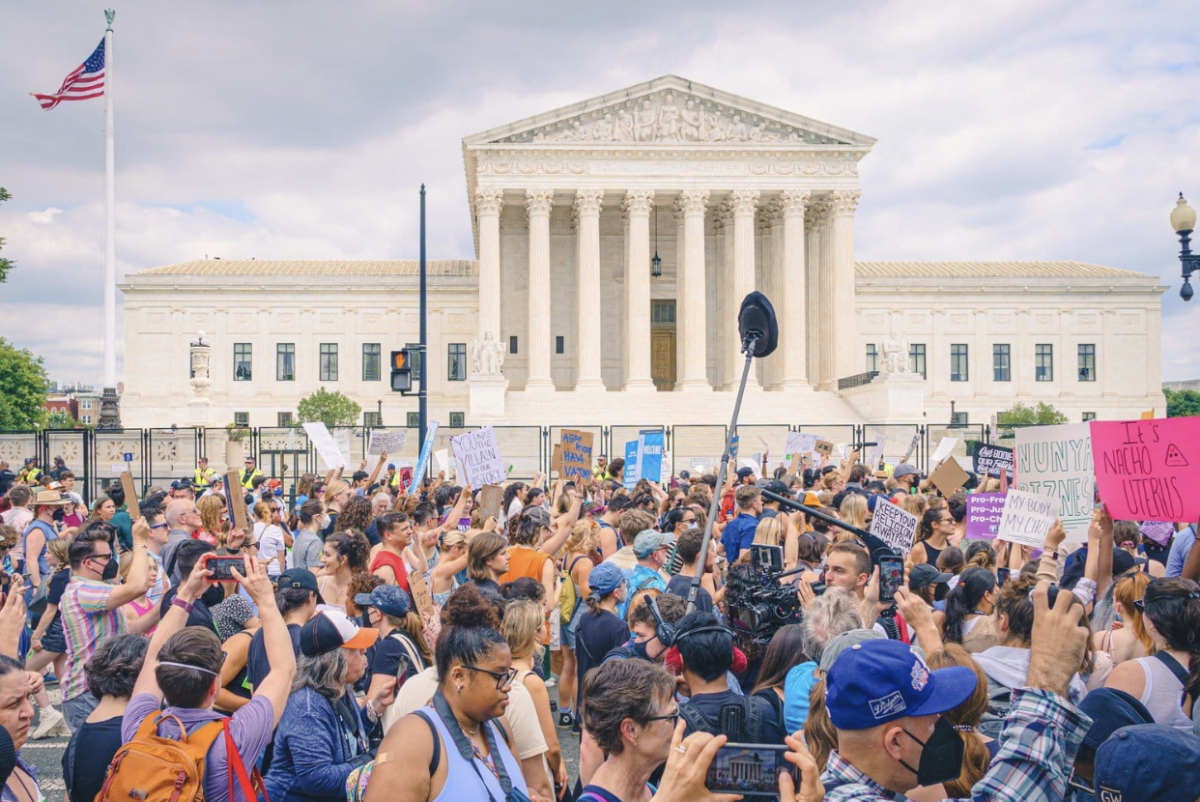Acceptance from one college or university can change the life of any student. So any minor advantage or disadvantage that can be found within an application, could be the deciding factor.
There are students all over the country that don’t get the support they need from their schools. Affirmative action in college admissions gives marginalized students the opportunity to get the same chance as everybody else. The case Students for Fair Admissions (SFFA) v. Harvard, set a new standard for college admissions, one that students can benefit from.
Affirmative action in college admissions is commonly debated. Some argue that it helps underrepresented groups and promotes diversity. Others argue that affirmative action can lead to reverse discrimination.
“There has to be some component in college admissions that can provide opportunities to kids to have access to higher education,” said school college counselor Brad Naughton. “On the flip side, what you have to consider are the strongest applicants getting fair access to those resources.”
It’s fair that the most qualified students would get accepted regardless of race. But, does it mean that if you are more qualified, you are necessarily ‘better’ for that college?
As said in the Students for Fair Admissions, Inc. v. President and Fellows of Harvard College, 600 U.S. article from Justia “a farm boy in Idaho can bring something (to Harvard College) that a Bostonian cannot offer,” said Harvard’s head of admissions.
“There is a fine line that is tethered to affirmative action,” said Naughton. “Race-based admissions can go both ways. It can favor minorities while discriminating against non-minorities and vice versa.”
The 6-2 decision determined that Harvard’s admissions program violates the Equal Protection Clause of the 14th Amendment. This verdict has different changes that all future college admissions programs must make.
Race-based admissions can go both ways. It can favor minorities while discriminating against non-minorities and vice versa.
The undeniable ruling of SFFA v. Harvard forces college admissions to make fair changes to the processes in which they consider applicants. These changes can be both positive and negative. But either way you look at it, this decision on affirmative action is one step in the right direction.








